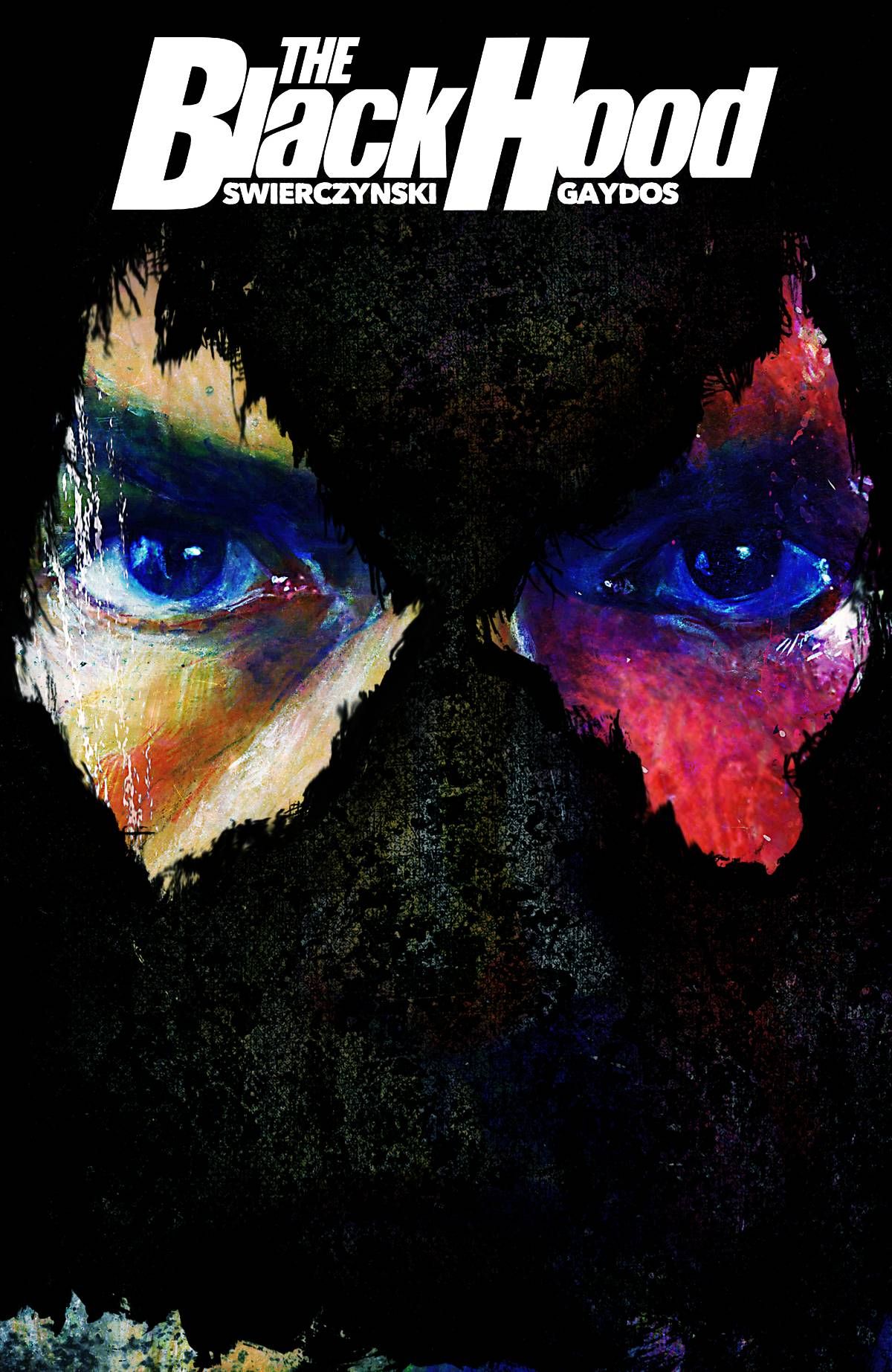Archie Comics' new superpowers imprint Dark Circle Comics has arrived like a sledgehammer to the temple with "The Black Hood" #1. Though there are no powers on display in this book, it's a haunting, gritty look at the reality of violence and PTSD in the people we pay to uphold the law. This book is dark and steeped in the real world, much more so than many that claim to be just that.
Part of that is thanks to artist Michael Gaydos, who delivers some of the most beautiful work of his career, adding street level grime to the tale. His take on Officer Gregory Hettinger's descent from beat cop to drugged-out vigilante on the streets of Philadelphia looks like it was ripped from the headlines. It adds a lot of weight to the moral conundrums set forth in Duane Swierczynski's script. Were this illustrated in any other style, it's doubtful this comic book would have the impact it does.
Hettinger's journey starts with a shotgun blast to the face and the accidental shooting of a vigilante called the Black Hood. Swierczynski keeps it real throughout the tale, exploring the mental ramifications of taking a person's life and being permanently disfigured. Hettinger is deep in the throes of depression through most of the issue, hiding behind prescription pills and slurring his way through the plot.
It's daring to stay with him in this mindset, especially with this being our introduction to this character, as many writers would let Hettinger learn to deal with the hand he was dealt. Here, Hettinger feels real; he wallows and stews in the terrible thing he's done, haunted by the life of the vigilante he accidentally stole, unable to vent to anyone in his life because he has no one. It's tragic and scary. The script deserves huge credit, in that his moment of decision can either be viewed as a complete leap off the cliff or reaching towards the light after a long mental descent.
Gaydos nails the necessary details required to slam home these points -- the shocked look of a cheering boy; the mountains of pills surrounding Hettinger; the rage in his face when he contemplates how others see him now. Colorist Kelly Fitzpatrick adds so much mood with the dark, ominous colors in Hettinger's loneliest moments. Letterer Rachel Deering contributes to the difficulty in viewing Hettinger as a tragic or heroic figure, laying out his inner monologue in a very clean, typewritten script on bright yellow caption boxes. These do not look like the ravings of a lunatic, but the organized files of a police mind.
"The Black Hood" #1 is a thrilling start to a new publishing initiative, so far removed from any previous iteration of this concept. The quality of the storytelling is top notch and I am looking forward to seeing how far down the rabbit hole Greg Hettinger is going to travel. Dark Circle Comics comes out swinging and "The Black Hood" feels like a direct hit.

